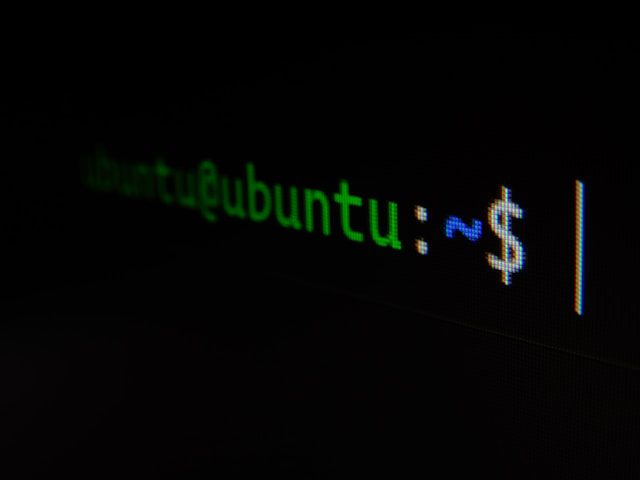
In a recent disclosure, a security researcher has published detailed technical insights and proof-of-concept exploit code for a critical vulnerability in the Linux kernel, identified as CVE-2023-6817. This high-severity flaw, scoring 7.8 on the Common Vulnerability Scoring System (CVSS), poses a significant threat to systems, potentially leading to application crashes, information disclosure, or local privilege escalation.
The vulnerability resides within the Netfilter subsystem of the Linux kernel, specifically within the nft_pipapo_walk function. This use-after-free flaw occurs due to inadequate checks on element activity, unlike similar functions in the subsystem. The researcher detailed the issue in a comprehensive write-up, explaining how the flawed implementation could lead to double deactivations of elements, resulting in memory corruption.
The problematic code segment in the nft_pipapo_walk function checks if an element is expired:
However, it lacks a crucial check present in the nft_rbtree_walk function:
This discrepancy allows the nft_setelem_data_deactivate function to be called twice on the same element within the pipapo set, leading to memory corruption.
The PoC code and technical details are available on GitHub, providing attackers with the tools needed to exploit the CVE-2023-6817 flaw.
This vulnerability is particularly concerning because it allows a local user with CAP_NET_ADMIN capabilities to execute arbitrary code, escalate privileges, or cause system instability through application crashes. The flaw’s high CVSS score underscores its potential impact on affected systems.
Administrators and users are urged to apply security patches and updates provided by their Linux distribution maintainers promptly. Ensuring that systems are up-to-date with the latest security patches is critical in mitigating the risks associated with CVE-2023-6817.
Related Posts:
-
Linux Kernel 6.9 Reaches End of Life, Users Urged to Upgrade for Continued Security
- SLUBStick: Linux Kernel Exploitation with Cross-Cache Attacks
- Linux Users Hit by CrowdStrike Fallout: Kernel Panics Reported
- IPFire Fortifies Against SYN Flood Attacks with New Protection Feature
- Linux Flaw: CVE-2024-1085 PoC Exploit Exposes Privilege Escalation Risk